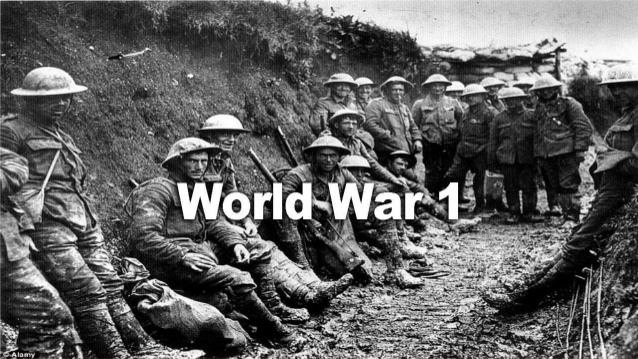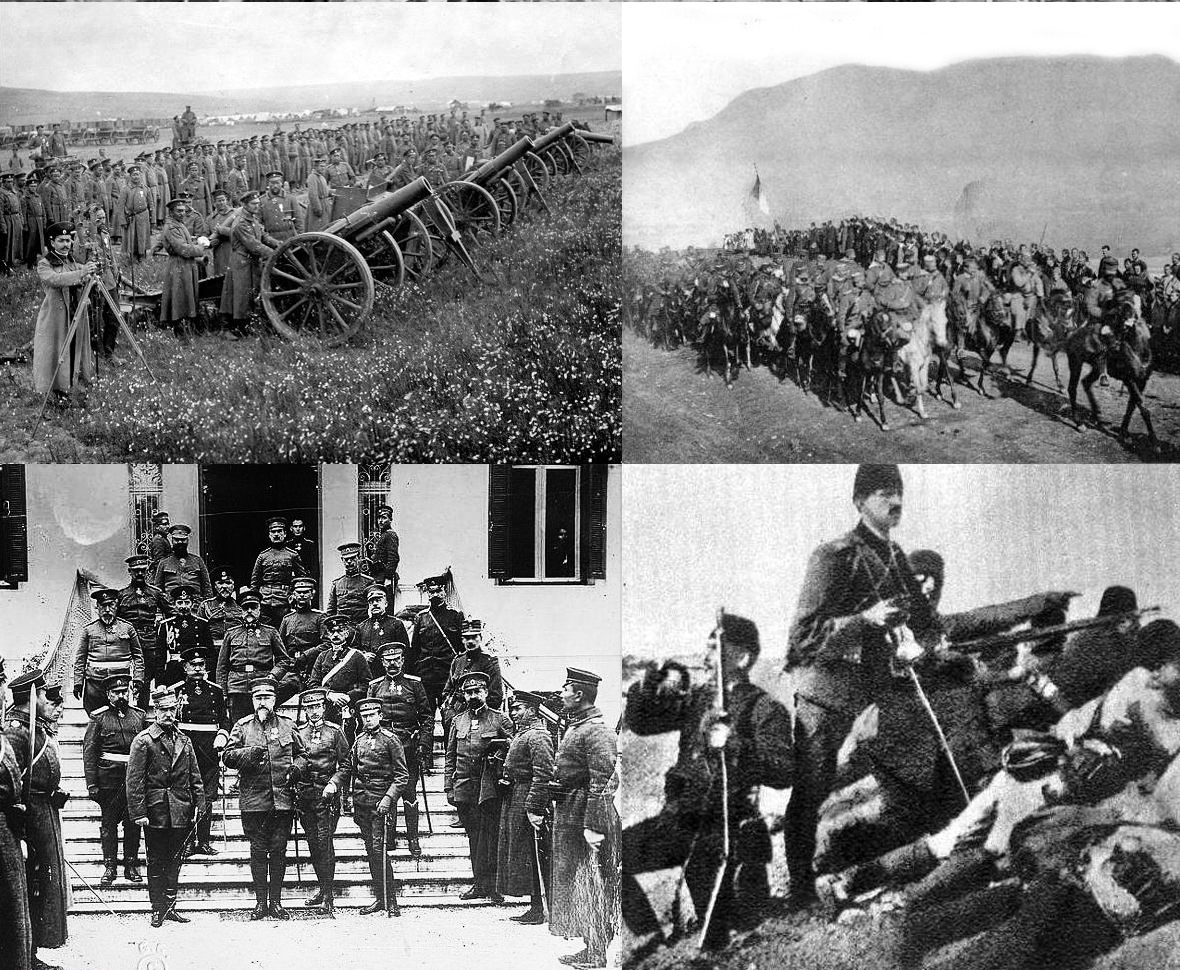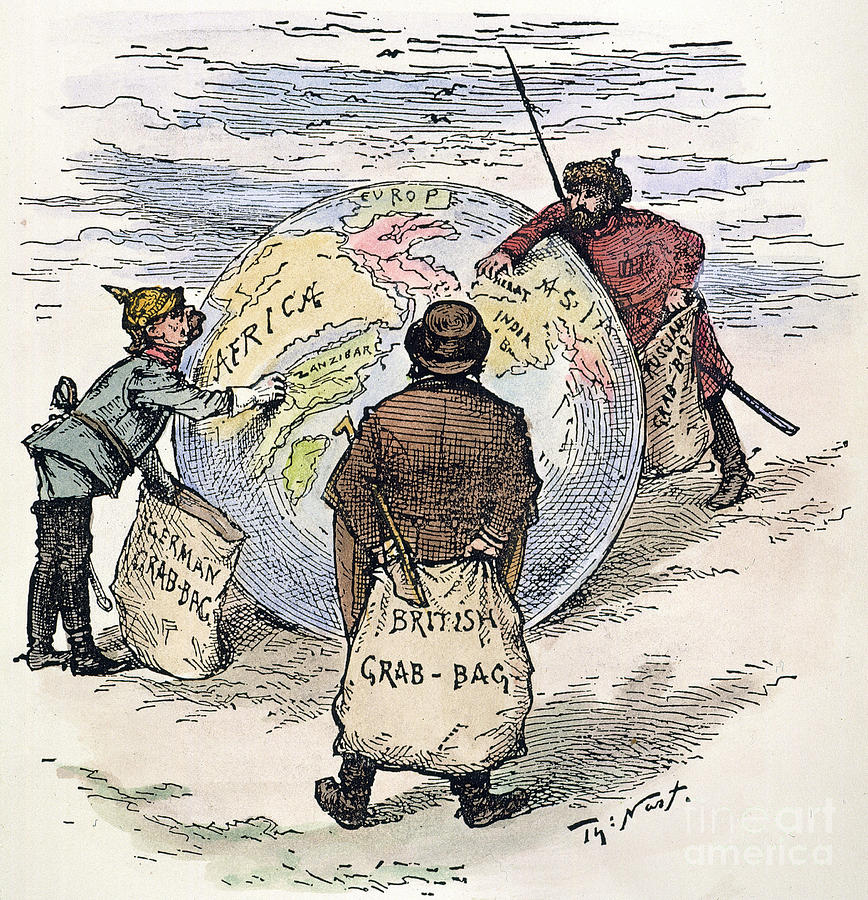How did World War I begin?
Immediate Cause: Assassination of Archduke Franz Ferdinand :-
In June 1914, a Serbian-nationalist terrorist group called the Black Hand sent groups to assassinate the Archduke. Their first attempt failed when a driver avoided a grenade thrown at their car. However, later that day a Serbian nationalist named Gavrilo Princip assassinated him and his wife while they were in Sarajevo, Bosnia which was part of Austria-Hungary. This was in protest to Austria-Hungary having control of this region. Serbia wanted to take over Bosnia and Herzegovina. This assassination led to Austria-Hungary declaring war on Serbia. When Russia began to mobilize due to its alliance with Serbia, Germany declared war on Russia. Thus began the expansion of the war to include all those involved in the mutual defense alliances.
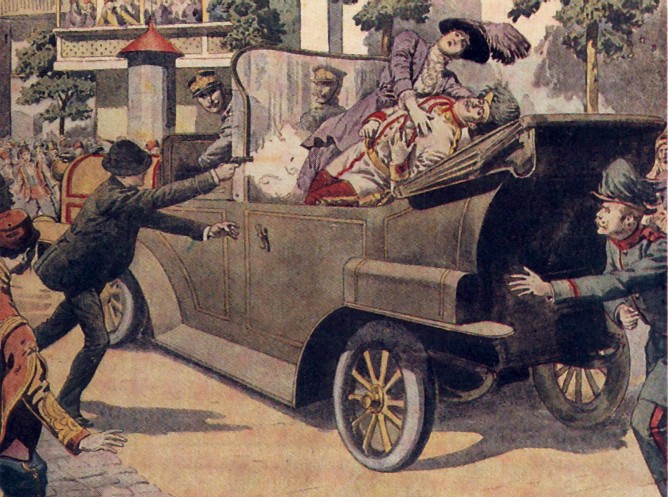
Balkan wars
The Balkan war was a result of instability in the Ottoman empire, with Serbia, Greece, Montenegro, and Bulgaria making up the Balkan alliance against the fading empire. By the first Balkan war in 1913, they had destroyed almost all opposition and divided the Balkans among themselves. This thumping victory of Balkan league shocked the major European superpowers, but none was more shocked then Austria-Hungary for whom the idea of a sovereign Serbia was out of the question. The prospect of Serbia becoming the center of an eventual South Slavic state was a massive threat to the Serbs. Meanwhile, Britain, Russia and the French were eyeing for a grab by annexing areas in the Middle East and the Armenia. Needless to say, such a volatile situation, where every opportunist nation was lurking right around the corner only further worsened things.
Alliances and Enemies
To understand World War One completely, you need to understand what happened before. In 1914, Europe was on the verge of modernity. The German Reich, France, Great Britain and Austria-Hungary were fighting over influence and colonies. Russia was gaining more and more power while the Ottoman Empire was only a shadow of its former self. Meanwhile, smaller nations were striving towards independence to fulfil their dream of being an sovereign state.
Imperialism is when a country increases their power and wealth by bringing additional territories under their control. Before World War I, Africa and parts of Asia were points of contention among the European countries. Because of the raw materials these areas could provide, tensions around these areas ran high. The increasing competition and desire for greater empires led to an increase in confrontation that helped push the world into World War I.
Militarism
As the world entered the 20th century, an arms race had begun. By 1914, Germany had the greatest increase in military buildup. Great Britain and Germany both greatly increased their navies in this time period. Further, in Germany and Russia particularly, the military establishment began to have a greater influence on public policy. This increase in militarism helped push the countries involved into war.
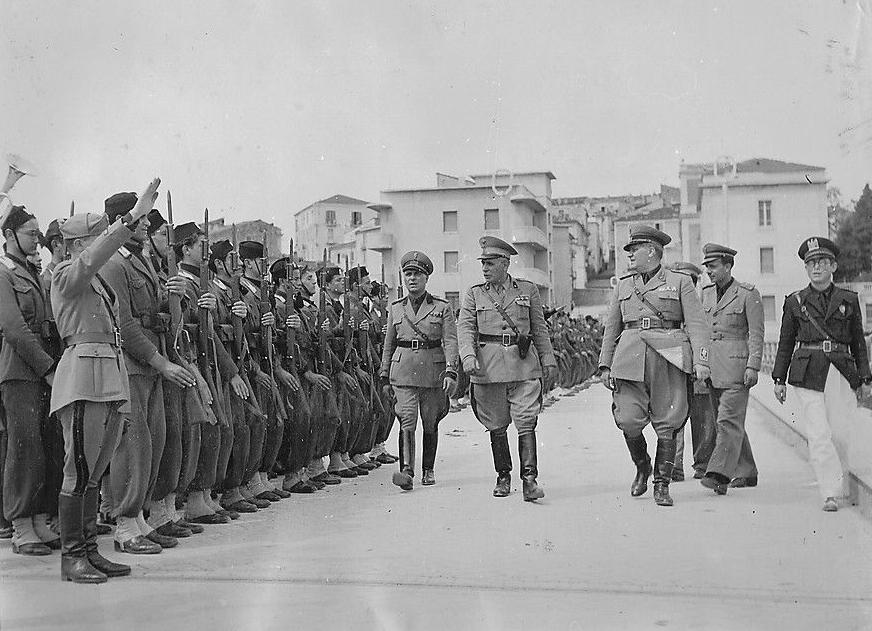
Arms race in Europe
At a time when almost all the Europeans were living in fear of a war that threatened to break out any day, the major European nations became involved in a major arms race to fortify themselves from the worst case scenario. It was the naval race between Britain and Germany that caused a lot of friction between the two nations and their alliances. By 1914, Britain already had 29 of dreadnaught battleships and even though Germany lagged behind with 19 dreadnaughts, the pace at which it was building new ones showed all indications of overshadowing the British by 1920. On the land, pretty much every major European country was on a military expansion spree
Final Conclusion
World War 1 was fought over some of the most intricately related reasons – one thing led to another and finally, the biggest of Europe’s powers were divided into two factions in a war. A war that ironically no one wanted – none of the key players were willing to partake into an avoidable large scale conflict. In many ways, the definitive origin of world war 1 took a serious shape when the Balkan war broke out and the conflict between Serbia and Austria-Hungary began to mold into an inescapable war. And it was the assassination of the Austrian Archduke in Sarajevo that hammered the final nail into a series of events that collectively precipitated into the first Great War.
- Nearly 10 million soldiers died and about 21 million were wounded. U.S. deaths totaled 116,516.
- Four empires collapsed: the Russian Empire in 1917, the German and the Austro-Hungarian in 1918, and the Ottoman in 1922.
- Independent republics were formed in Austria, Czechoslovakia, Estonia, Hungary, Latvia, Lithuania, and Turkey.
- Most Arab lands that had been part of the Ottoman Empire came under the control of Britain and France.
- The Bolsheviks took power in Russia in 1917, and fascists triumphed in Italy in 1922.
- Other consequences of the war included the mass murder of Armenians in Turkey and an influenza epidemic that killed over 25 million people worldwide.
- Under the peace settlement, Germany was required to pay reparations eventually set at $33 billion; accept responsibility for the war; cede territory to Belgium, Czechoslovakia, Denmark, France, and Poland; give up its overseas colonies; and accept an allied military force on the west bank of the Rhine River for 15 years.
